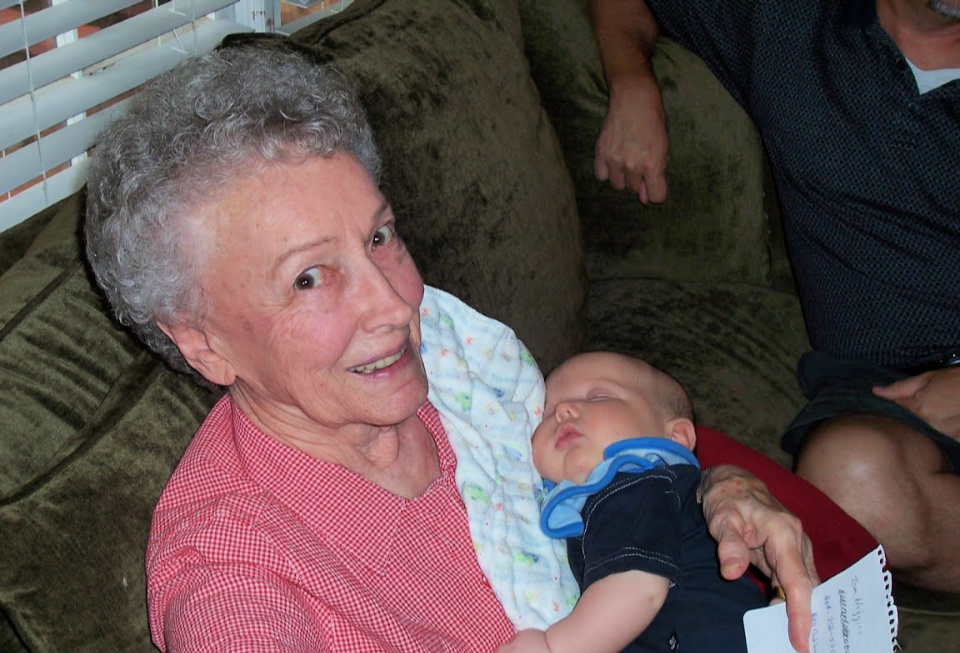The topic of maturity is much understated and needs to be taught in our homes and churches , as immaturity is the root of many, many relationship problems. So let’s take a brief look at it. Hopefully this excerpt from my book, Handbook to Joy-Filled Parenting, Chapter Two, will tickle your thoughts to want to know more. I want to give credit to Dr. Jim Wilder. as most of my material about maturity is from him.
Chapter two of the parenting book takes a detailed look at maturity—what it is, how to evaluate our own, and how to keep a watch on our children’s progress in maturity. There are comprehensive lists in the parenting book used with permission from the Life Model Study Guide, a guide for the book, Life Model, Living from the Heart Jesus Gave You.
The five levels of maturity
These lists can help us gauge “completeness or wholeness at a given level,” and discover what skills we are lacking or what needs we have missed while growing up. These maturity lists come from years of study at Shepherd’s House Ministry in Pasadena, CA. They include five levels or stages of growth that we should ideally progress through over our lifetime. These stages are Infant, Child, Adult, Parent, and Elder. (These are copyrighted so you will have to get them from the Handbook to Joy-Filled Parenting or from Life Model Works)

The goal statement of Chapter Two is “to act like myself and stay relational regardless of intense emotions.” Understanding this goal, combined with the definition of maturity, “completeness or wholeness at a given level,” can begin to help us understand what maturity is and how to evaluate it. Let’s add to our definition by defining the goal statement as “acting my age, coping maturely, and staying in tune with others when something distressful happens.”
We’re talking about emotional maturity
We can see by these definitions that we are not talking about Spiritual maturity, but about emotional maturity, the kind of maturity that helps us act like the age we are supposed to be. A person can have an adult body, know tons of Scripture, be a leader at work and at church and still be at Infant or Child level maturity emotionally. Maturity is not necessarily about chronological age.
In today’s world and even in the Church, maturity is seldom discussed. All sorts of messages shouting “how-to” and “you should” bombard us, but we do not hear enough messages shouting, “Grow up!” I am personally on a mission to bring up the word “maturity” whenever I can. As I walk through life and interact with others about problems that they or their friends are having, when possible, I point out that maturity may be the issue.
Gauging your emotional maturity
Let’s consider some questions that might help us understand emotional maturity:
- What kind of person do you want for your paramedic if you have a heart attack?
- Who do you want with you if your child has an accident or gets very sick?
- How do you act if your car gets scratched?
- What do you do when you are disappointed or overwhelmed?
The different reactions people have to distress can be a sign of their maturity. We all want a paramedic who will remain calm and knowledgeable when someone has a heart attack. If we’ve lost our child at the state fair, we want a calm and proficient policeman to help. We want these helpers to act like themselves and be able to communicate with us during the distress. We would be quite unhappy if they were indulging in an addiction or could not function at the time we needed help.
Staying calm when stressed
In the same way, maturity can help us stay calm as a parent when daily stressors bombard us as we live in our families, our work places and communities. Maturity will keep us from attacking or yelling at the person who scratched our new car, although we might have strong feelings about something we wish we could do about the scratched car.
We all know adults (chronologically) who whine, blow up or attack when they don’t get their way. The body may grow to adulthood while the person emotionally stays in a younger stage. To be at the maturity level that matches our chronological age, we must complete each need and task on the maturity levels. As we mature through the stages with all of their needs and tasks, those needs and tasks must carry forward to the next stage. We cannot skip a stage.
In Part 2 we will look at a few questions that will help us evaluate where we (or our children) are in the needs and tasks in order to see the places that are lacking and where we might need to get help.
“ . . . Let everyone be quick to hear, slow to speak and slow to anger.” James 1:19

[…] Part 1 of What is Maturity we looked briefly at some definitions and characteristics of maturity, focusing […]